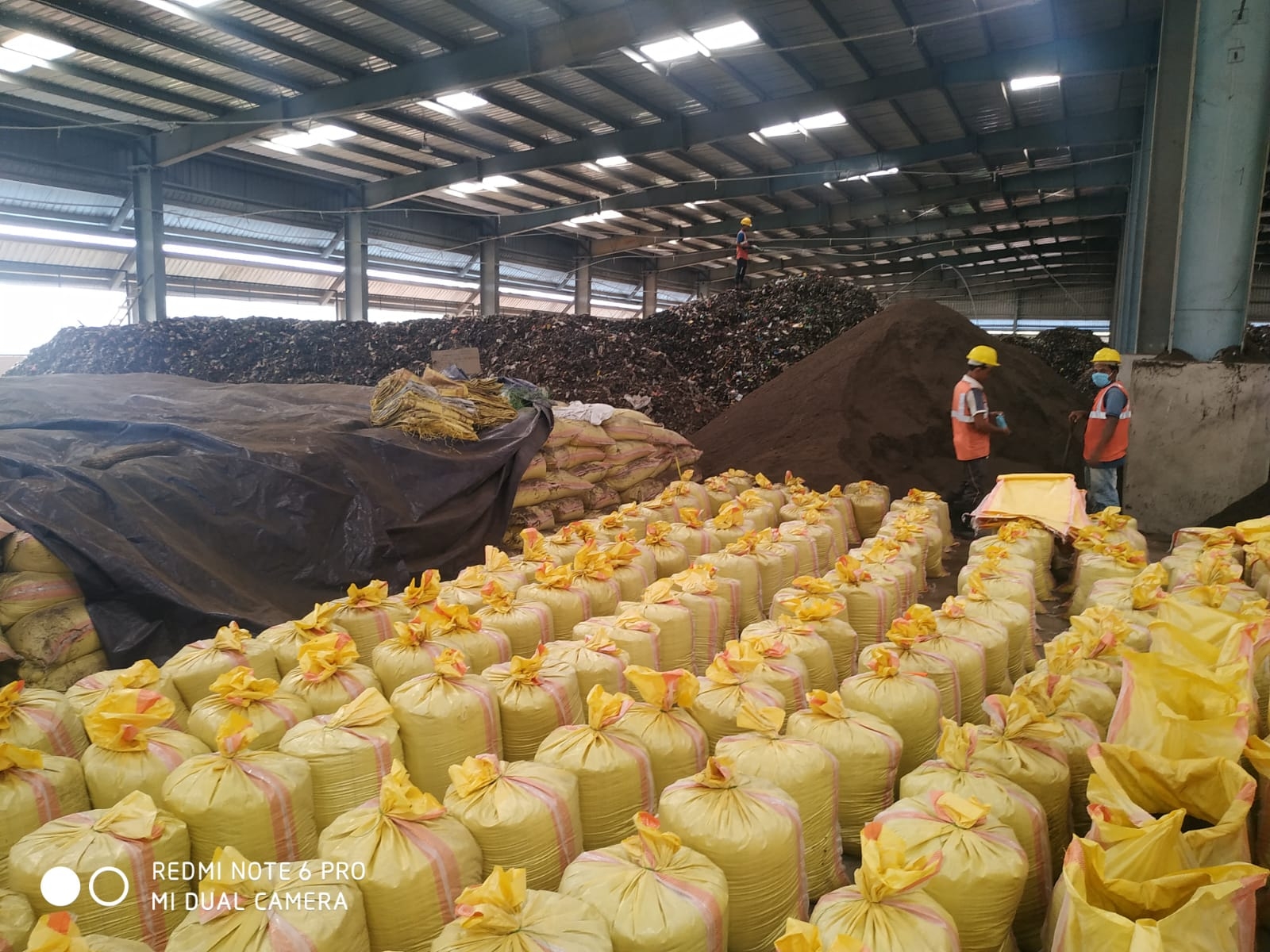
Solid waste management in Indian cities is increasingly becoming a pressing issue, driven by rapid urbanization and population growth. Cities generate vast amounts of waste daily, with a significant portion ending up in landfills or being openly dumped, leading to severe environmental and health challenges.
While there have been improvements in waste collection rates in many urban areas, issues like inadequate segregation at the source, outdated infrastructure, and limited adoption of advanced treatment technologies persist. Public awareness around sustainable waste practices is still low, and enforcement of regulations remains inconsistent across states. Financial constraints and a lack of robust policy implementation further hinder the development of efficient waste management systems.
However, the future holds significant potential for improvement. Embracing decentralized waste management solutions, such as community-level composting and small-scale recycling, can help reduce the burden on centralized systems. Technological advancements like AI-based waste sorting, IoT-enabled monitoring, and waste-to-energy conversion offer promising avenues for more efficient waste processing.
Adopting a circular economy approach, where waste is seen as a resource, can drive more sustainable practices, supported by initiatives like extended producer responsibility (EPR) and incentives for recycling industries. Strengthening public-private partnerships can bring in the necessary investment and expertise to revamp waste management infrastructure. By addressing these challenges and seizing emerging opportunities, Indian cities have the potential to transform their waste management systems, leading to a cleaner, more sustainable urban environment.








